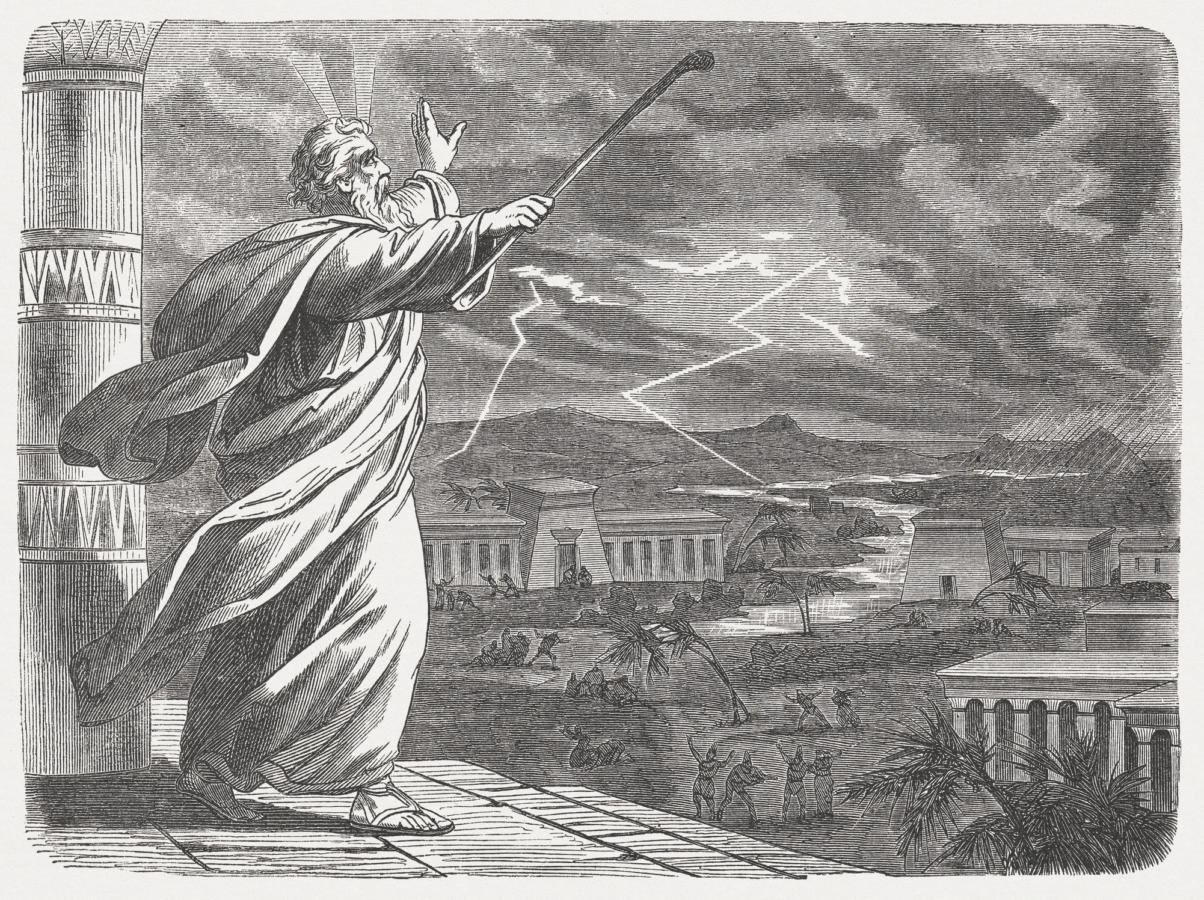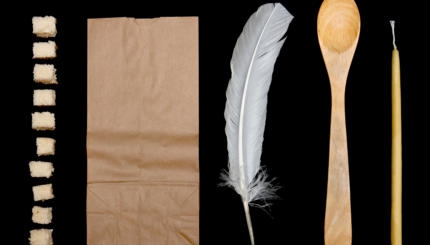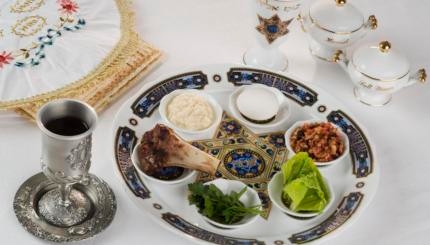The first Passover was not celebrated with special dishes, bleached tablecloths, and Bubbe’s matzah ball soup. It wasn’t marked on any calendar months in advance, families did not travel great distances to participate, and nobody was wearing new clothes. There wasn’t even matzah on the table. And nobody was in a celebratory mood.
The Book of Exodus records that the first Passover was observed on the night before the Israelites were redeemed from slavery in Egypt. For some time, God had been staging an escalating showdown with Pharaoh, visiting nine successive plagues on the Egyptians — from blood to boils — to induce the avaricious megalomaniac to let the Israelites go free. But despite the suffering of his people, Pharaoh repeatedly refused to relinquish his valuable slaves.
Finally, God prepares to lower the final boom: the tenth plague that will spell death for all firstborn children of Egypt, from the firstborn of the Pharaoh to the firstborn of his prisoners, and even the firstborn of the cattle. It is amidst this moment of swirling destruction and uncertainty that Moses and the Israelites observe the first Passover.
On the eve of the plague, as instructed by God through Moses, the Israelites took lambs, one for each family, and slaughtered them as a sacrifice. Then they marked their doorposts and lintels with the blood of the sacrifice, a signal to the Angel of Death that they were loyal to God and not Pharaoh. In the dead of night, in darkness and isolation, each family hunkered down in their own home to eat the roasted lamb, praying the blood on the doorway would truly keep them safe and looking for liberation with the dawn.

Help us keep Jewish knowledge accessible to millions of people around the world.
Your donation to My Jewish Learning fuels endless journeys of Jewish discovery. With your help, My Jewish Learning can continue to provide nonstop opportunities for learning, connection and growth.
The biblical text is laconic, but it lets us know what the Israelites heard on that night:
There was a loud cry in Egypt; for there was no house where there was not someone dead. (Exodus 12:30)
In subsequent years, Jews have often (though not always) commemorated this night in an atmosphere of joy. We celebrate the past redemption, even as the arc of our seder teaches us to look ahead to future redemption. But rarely do we celebrate Passover seeking so immediate a redemption as we are this year.
During the coronavirus pandemic, Passover will feel more like that first Passover than any other most of us have celebrated. The majority of us — the lucky ones — are shut into our own homes while a plague swirls outside. And the night feels like it might never end. But we can’t really expect redemption at dawn. Coronavirus will still be here in the morning.
Yet the Passover seder teaches us to hold faith. Like our ancestors, we can expect this difficult period to pass. One day, we will experience redemption — again.



